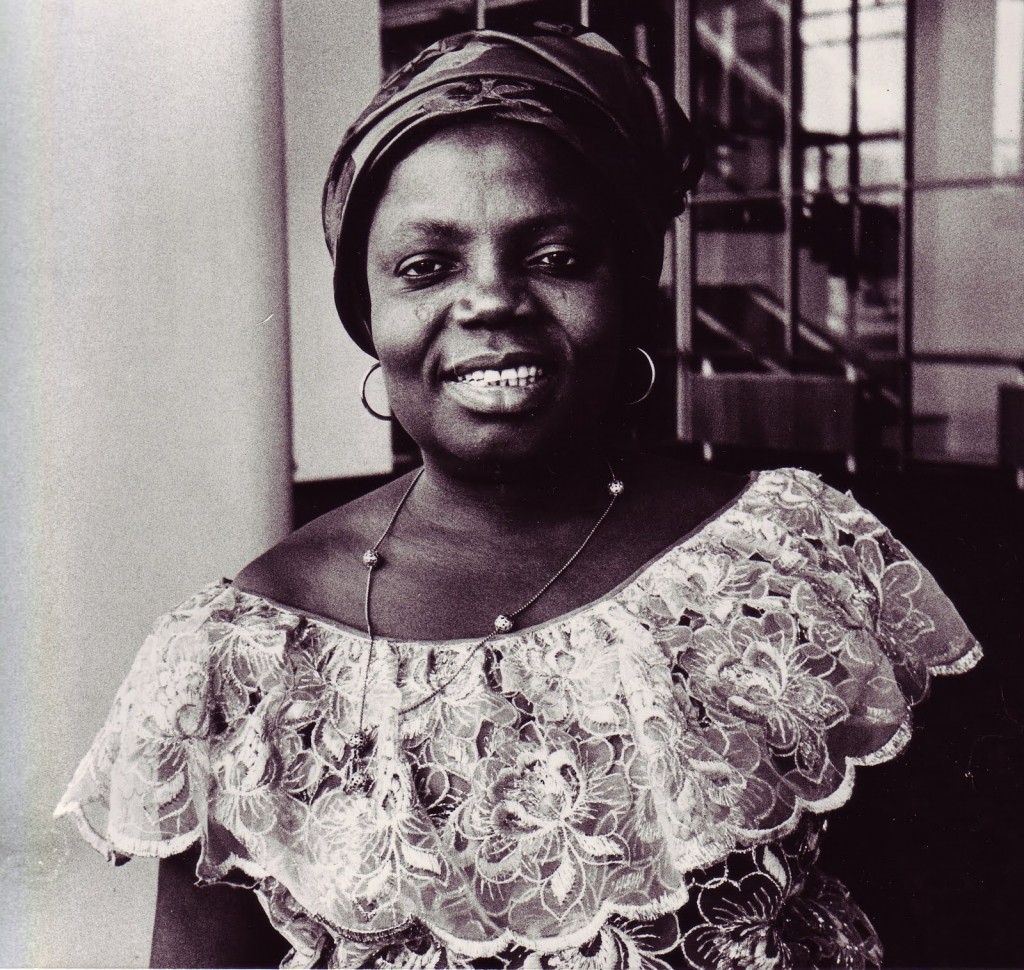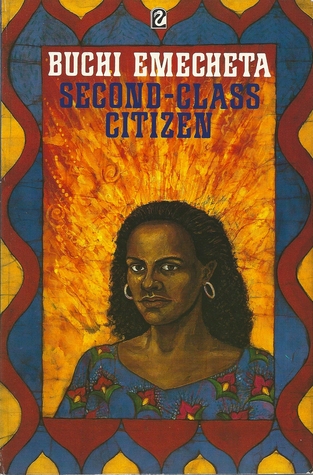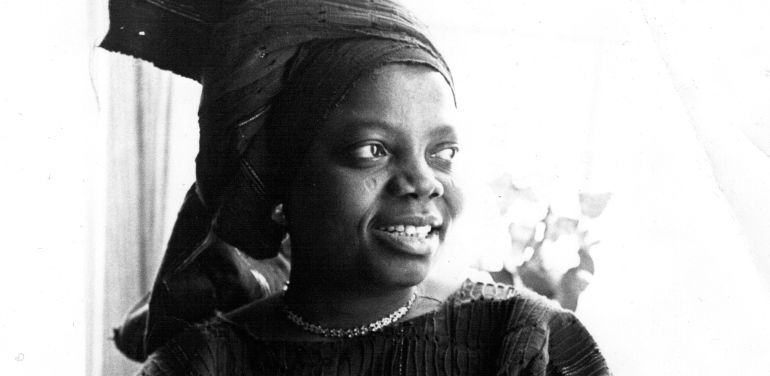Florence Onyebuchi Emecheta, OBE, widely regarded as one of Africa’s finest writers, passed away aged 72 earlier this year (January 2017).
Described by publisher, Margaret Busby, as “championing the rights of girls and women in novels”, she has published more than 20 books, including the well-known Second-Class Citizen (1974), a book that explores themes of motherhood, gender roles, colonialism and more. Her body of work and life in general were celebrated at the recently concluded Africa Writes festival at the British Library. We love to shine a spotlight and share stories of magnificent black females, past and present, so of course, we had to delve into the life of this great figure.

Lagos-born, Emecheta spent her formative years in Ibusa, Delta State, Nigeria, and these experiences are reflected in much of her work. For example, The Bride Price (1976), winner of the New Statesmen Jock Campbell Award, The Slave Girl (1977) and The Joys of Motherhood (1979), detail the presumed role of women in Nigeria, with the latter book highlighting the pressures of motherhood, in Igbo society altered by colonialism.

Ironically, Emecheta’s writing was nearly curtailed. Her father died when she was just eight, and her mother didn’t see why it was necessary to send a girl child to school. According to Sylvester Onwordi, Emecheta’s son, although her childhood was marred by poverty, and she was quite poorly and undernourished, Emecheta had a “ravenous desire to survive”. This fervour was noticed by a benefactor in Ibusa who “spotted the intelligence” and paid for and supported Emecheta’s education.
Clearly gifted, she won a scholarship to a prestigious Methodist Secondary School in Lagos, and it was during this period that her mother died. Whilst Emecheta’s peers were going back to their mansions, like Roald Dahl’s Matilda, she was living through her books and imagination; a writer was born.
She encountered obstacles and on occasion, was chastised and beaten by a teacher for daring to think that she, a woman, could be a writer. Rather than discourage her, Sylvester recounted that this experience actually motivated Emecheta more to follow her dream of being a writer.
At 16, Emecheta married Sylvester Onwordi a student she met when she was 11. They had their first child in 1960, and four more followed, with Emecheta eventually moving to London where Onwordi was studying, in 1962. She later became very vocal about the unhappiness in her marriage, for example in her book, Second-Class Citizen, which was based on Emecheta’s life, Adah faces a violent and oppressive husband, and finds peace and escape in her writing. Sylvester recalled the quiet determination and resilience Emecheta had, packing her bags, taking her children and leaving Onwordi after he burnt her first manuscript, believing her place was in the home, not writing books! In an interview she gave in 1988, Emecheta stated that education could empower women, so this is what she did, raising her five children alone, working at the British Museum and studying Sociology at night at London University.

She documented her experiences as a single mother, writing for The New Statesmen. These writings were collated in her novel, In the Ditch, which described the trials and tribulations of a black mother resisting the welfare state, and local authority intervention in her family affairs. According to Sylvester, writing kept Emecheta sane, the ink of one manuscript would rarely be dry, before another idea was being scribbled down. It’s easy to see how proficient she became at writing, publishing more than 20 books, each highlighting complex and multi-faceted issues. Destination Biafra (1982) for example, was set during the Nigerian civil war, and The Rape of Shavi (1983) dubbed “speculative fiction”, explored what happens when Europeans fall upon a fictional African country.
Emecheta embraced all aspects of her career as a writer, including penning for The Guardian, lecturing across many universities, running her own publishing company, working with the Caine Prize for African Writing, and much more.
Unfortunately, the latter years of Emecheta’s life became challenging when two of her daughters died. She appeared to lose her drive and compulsion for writing. Shortly before she was awarded an OBE in 2005, she suffered a debilitating stroke that left her homebound.
 Her writing remains a lasting legacy that is sure to inspire a new generation of readers, who will hopefully discover the spirit of Emecheta through her writing, and keep the issues that she was so passionate about, alive.
Her writing remains a lasting legacy that is sure to inspire a new generation of readers, who will hopefully discover the spirit of Emecheta through her writing, and keep the issues that she was so passionate about, alive.











